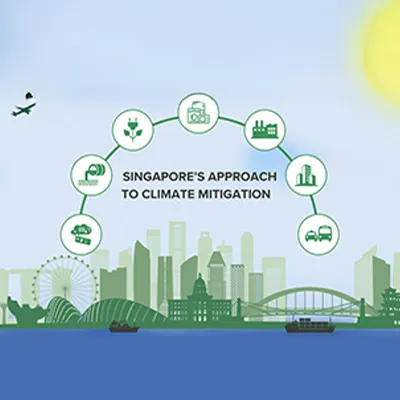More sustainable solutions for payment cards
In a global survey conducted for IDEMIA in 2020, 92 per cent of respondents expected their bank to actively contribute to preserving the planet. In fact, 62 per cent would consider switching to an eco-conscious bank. It also found that 74 per cent of millennials globally would accept an additional monthly fee for a ‘green’ card. Environmental benefits aside, this has a significant economic impact as millennials are currently the world’s largest demographic and the primary source of global income, spending and wealth creation.
The rising digitalisation of financial services means that the physical payment card is one of the last physical touchpoints between card issuers and customers. It remains a status symbol and is increasingly viewed as a lifestyle accessory instead of simply a payment device. With 87 per cent of this survey respondents expecting their banks to offer greener cards, answering the demand is an excellent opportunity for banks to reaffirm their sustainability commitment and elevate their brand value in the eyes of environmentally-conscious users.
Turning the value chain green
While offering environmentally-friendly payment cards is a good start, it is not good enough for savvy customers who have come to expect sustainability throughout the payment value chain. The IDEMIA survey reflected these heightened expectations: for instance, 65 per cent of respondents expected digital alternatives to paper documents from banks, and 71 per cent wanted banks to offer a recycling service for expired payment cards.
Thus, banks need to see the larger green picture. They can examine their entire value chain from end to end and take steps to implement sustainable practices and/or minimise their environmental impact wherever possible. For instance, banks can digitalise services such as the card activation and onboarding process. With biometric verification, the procedure is more secure, convenient and seamless for both customer and bank, as well as helps to reduce their environmental footprint by going paperless and not requiring travel to the physical branch.
Financial institutions can also do their due diligence on their suppliers and manufacturers to ensure sustainability at all stages. They can evaluate the carbon footprint of card manufacturing sites and work with suppliers that have clear environmental commitments. Some players offer on-demand card and carrier printing services, which helps these institutions reduce waste by avoiding obsolete inventory. Others may provide recycling services or dedicate a portion of their profits to supporting environmental projects.








